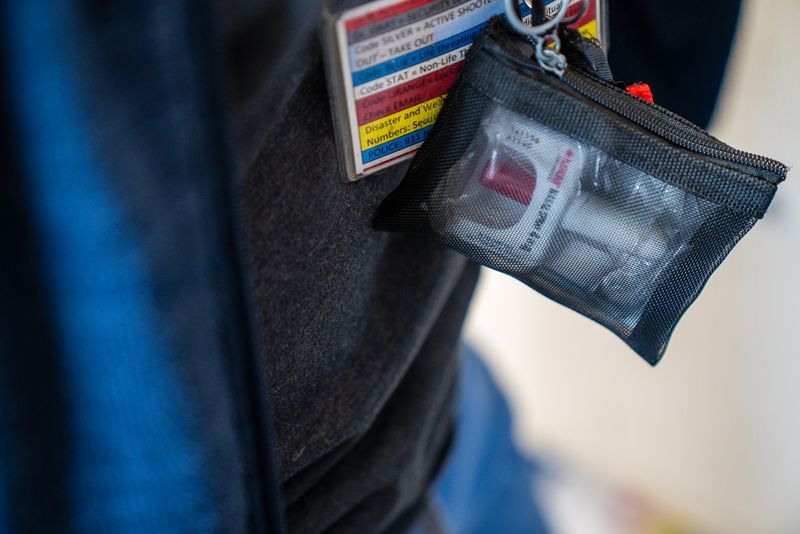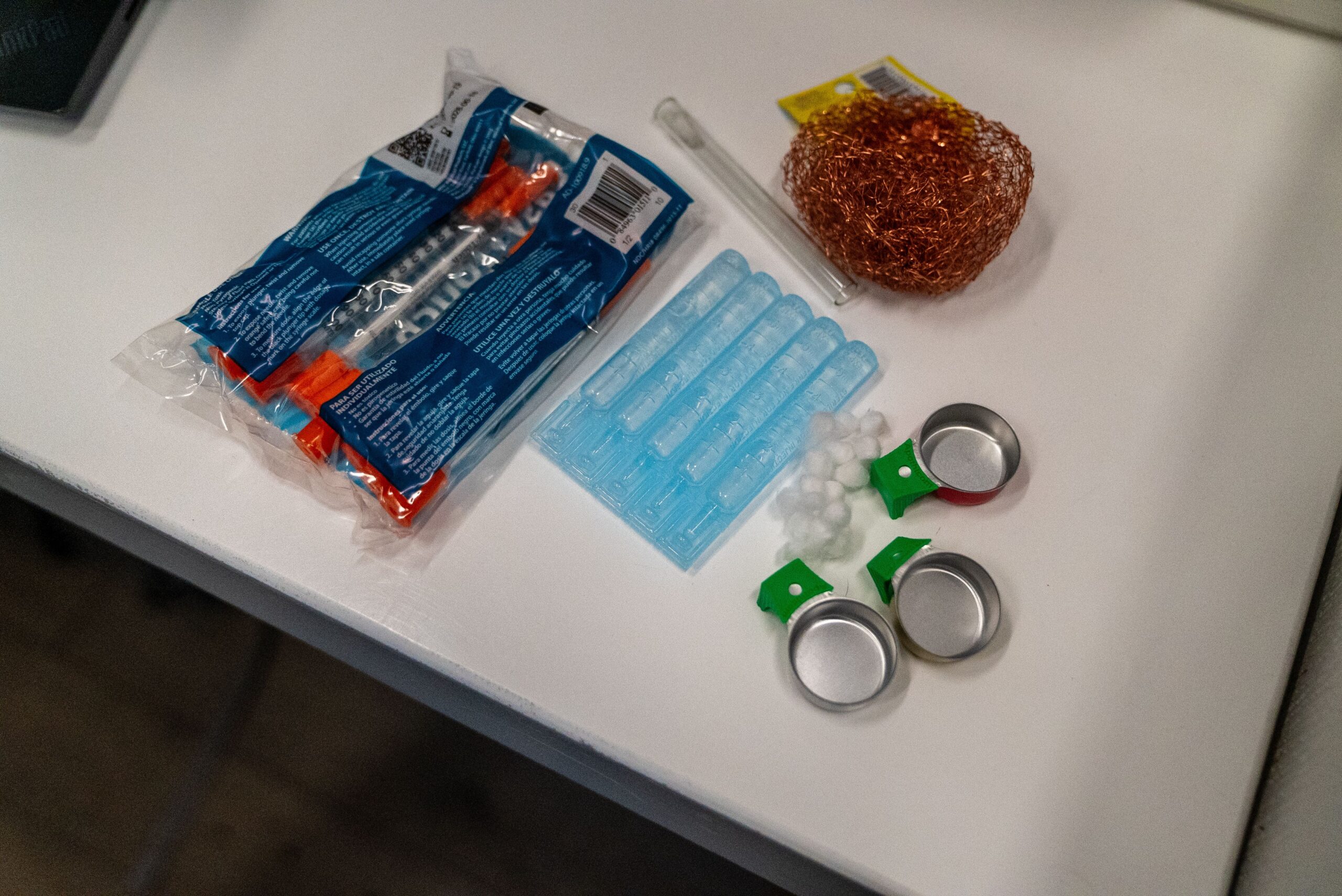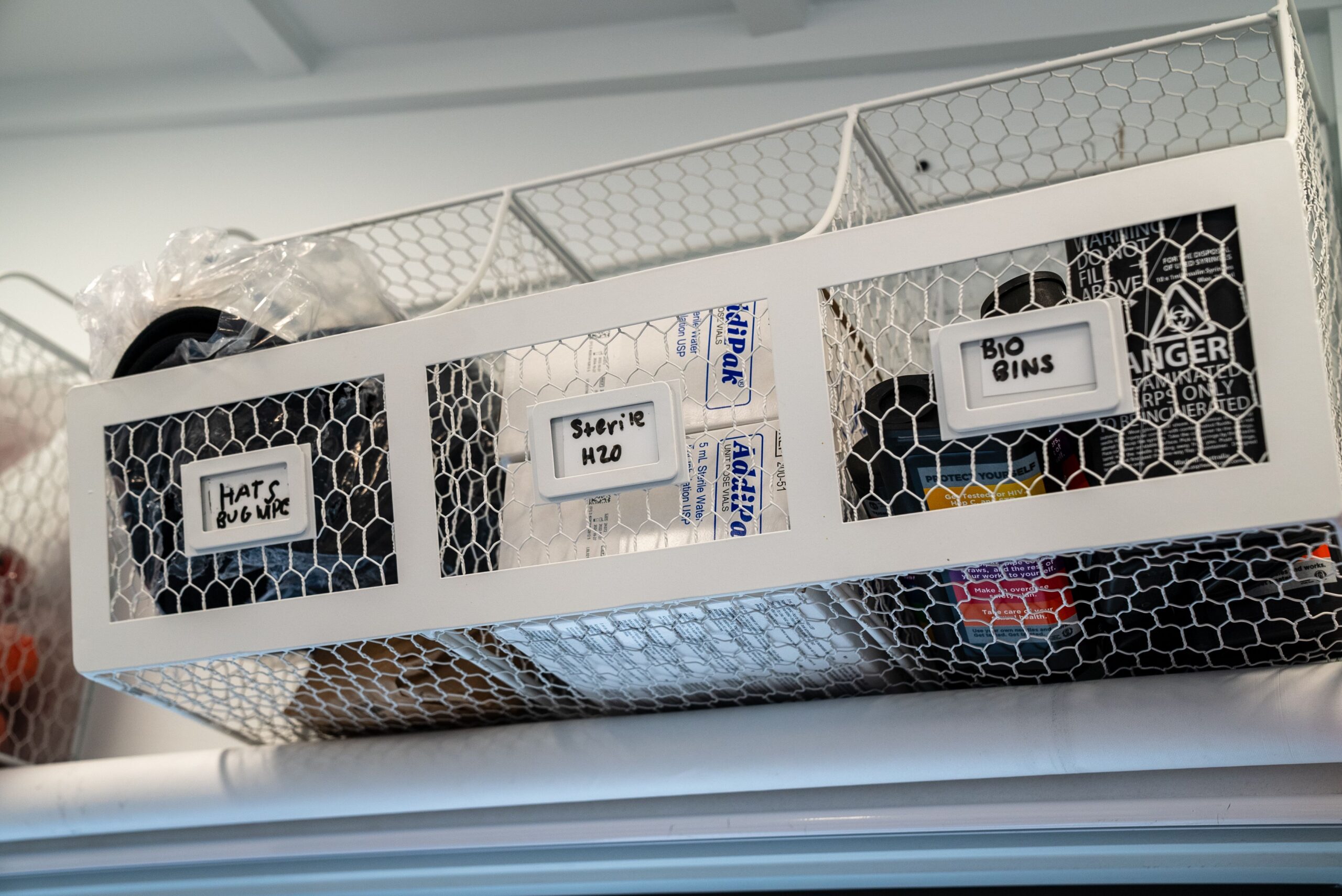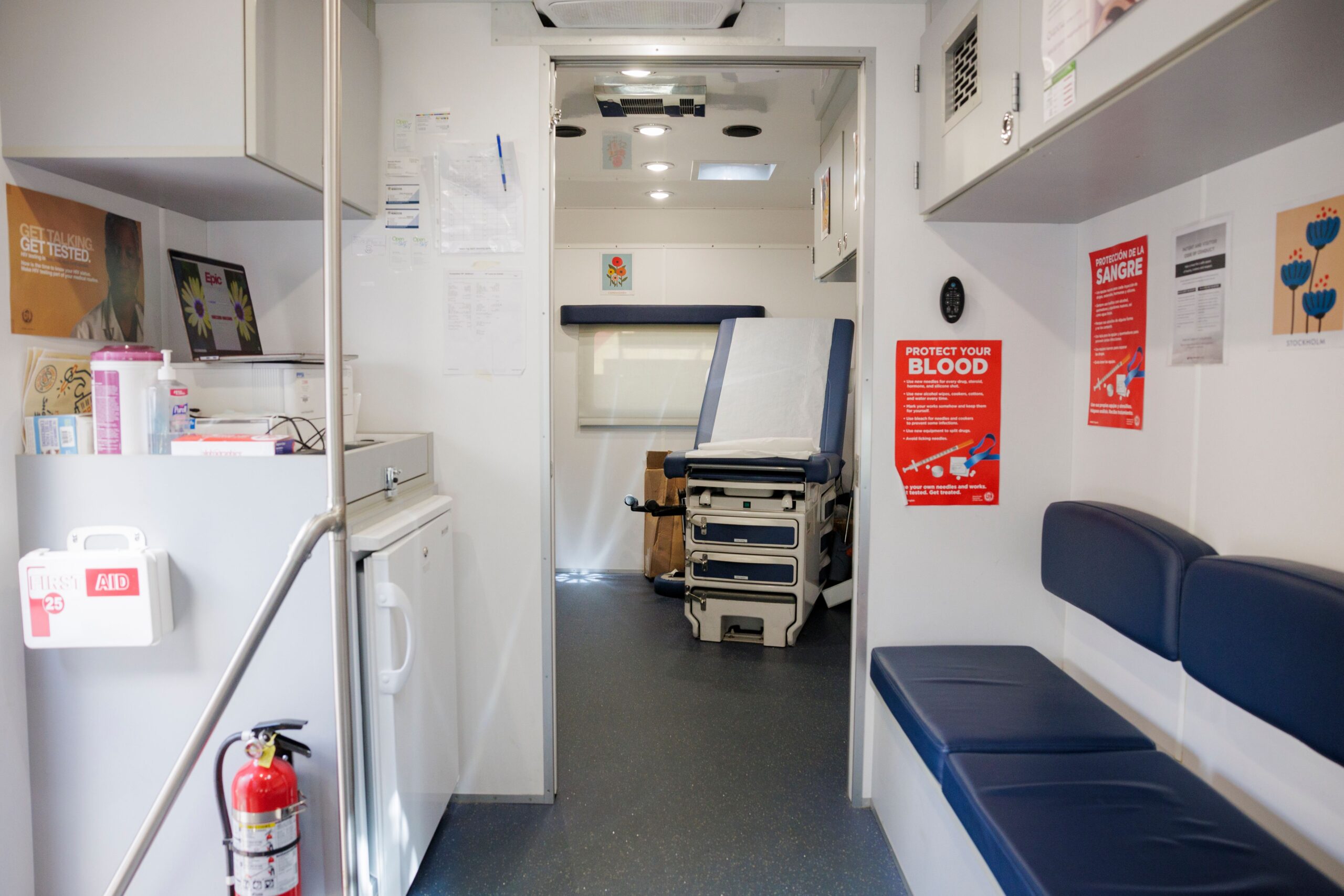The following guidelines for clinical encounters are intended to highlight issues that are specific to this setting of mobile van, rather than to repeat or replace existing clinical guidelines for the care of people with substance use disorders.
Availability of data may vary, but below are potential resources that may help to establish need

During established clinical sessions, the mobile health unit should be made available to patients interested in accessing the medical services and treatment of the program. Wifi on the mobile unit and proper licensing should allow it to operate as a satellite clinic of the clinical partner organization, complete with access to the organization’s electronic health record (EHR). Unless your program has the resources to also employ an administrative worker on the mobile unit, physicians should be prepared to enroll new patients using the EHR themselves and should follow these guidelines:
• Besides urgent situations, the first patients to arrive should be the first to have service provided.
• Patient registration should be completed by a clinician or public health advocate when the patient arrives, where the reasons for the visit are recorded. A clinician (MD/NP/PA/RN) on the van should conduct a patient assessment and clinical encounter when medical services are needed.
• For all urgent cases, patient assessment and triage should occur immediately.
Consent to Treat (CTT) forms must be signed by each patient when first presenting to the mobile unit for medical care. The patient must sign the CTT on the first day that care is provided. Delays may occur only related to emergency or unusual circumstances, such as the inability of a patient to sign the CTT due to intoxication or impairment. In these instances,staff must document in the patient’s chart the circumstances preventing a patient’s signature as well as the patient’s ability to provide informed consent despite being unable to sign the CTT. The patient should sign the CTT at the next presentation to the mobile unit.
Patients who are under 18 years of age (“minor patients”) may sign the CTT if they are legally emancipated or if the provider determines that the patient is capable of giving informed consent and that the best interests of the minor patient will be served by not notifying their parents. Cross-agency collaborations data release forms may be required to share certain health information between team members of different organizations.
The mobile unit should include private exam space. This may include barriers that separate the patient from
public and semi-public areas (such as a waiting area within the mobile unit), ensuring both visual and sound
privacy. Mobile unit staff will also provide outreach and/or harm reduction interventions in public and/or semipublic
-spaces near the van. Staff should make every effort to protect patient privacy even in these non-clinical
encounters. For example, staff should first ask patients if they consent to the encounter in public or semi-public
areas. For example, asking, “Is it okay if we talk about X here, or would you prefer to talk privately?” If patients
decline or express discomfort speaking in the public or semi-public space, staff should end the outreach and/or
harm reduction encounter.
After Hours Coverage
Patients should have access to an on-call provider (NP/ PA/MD) via the clinical partner’s on-call system 24 hours
a day, 7 days a week. The on-call providers should have access to the patient’s electronic health record, including
any encounters that occurred on the mobile unit.
In the event additional assistance is required, mobile unit clinical staff and/or the provider on call should be available
be reached through the clinical partner’s answering service as well as directly by cell phone 24 hours a day, 7 days a week
Patients with an urgent medical problem should go to the closest emergency department.
Communication and Outreach
Mobile unit clinical staff should utilize the available contact information in the EHR to ensure that appropriate clinical
information is communicated directly to the patient. If direct contact information is not provided, additional
patient outreach should be conducted; all outreach efforts should be recorded in the patient’s EHR.
A clinical encounter on a mobile unit should replicate an office-based visit as closely as possible. There are, however, potential considerations that are unique to the setting.



DEA Licenses
Like in an office-based practice, the medical director will keep a copy of each waivered clinician’s (MD/NP/PA) DEA
licenses with X number. Clinicians will track their own number of active prescriptions to ensure they are within waiver limits.
Medical Record Completion
Charting should be done using the clinical partner’s usual EHR procedures. All clinical patient interactions, whether face-to-face or via telephone, should be documented in the EHR the same day. No physical records of clinical care should be stored on the mobile unit. All clinician-to-clinician phone interactions regarding a patient should be documented as soon as possible, but no longer than 48 hours after the interaction.
Staff will hold a Massachusetts Controlled Substances Registration for the mobile unit to maintain all
available medications.
• Medications will be taken onto the mobile unit by staff every day of operation. At the end of each day, all
medications will be delivered to the clinical partner’s physical clinic, where they will be stored in a locked medication room.
• Proper medication storage and security procedures per regulatory requirements are the same on a mobile unit as in an office-based clinic.
• Medications will be tracked in a medication log. Administered medications will be documented in
the EHR.
• Medications will be checked for expiration monthly. Supplies will be checked for expiration quarterly.
Expired stock will be removed, disposed of and replaced.
• Disposal of medications will be handled through a contracted medical waste service (i.e., Stericycle).
• Emergency drug kit: Emergency drug kits will be labeled with contents and expiration dates. Contents will be checked after each use as well as monthly by an appropriate staff member. Emergency drug kits should be easily accessible during all times of operation.
• Over-the-counter (OTC) medicines: All expired or unusable OTC medications should be transported to the clinical partner organization for disposal.
• Vaccines: Vaccines may be administered in the mobile unit. Vaccines should be stored and handled according to the clinical partner’s office-based vaccine management policies.
• Calibration and preventive maintenance of all medical equipment should be completed annually by a contracted medical service company.
• Emergency response equipment should be easily accessible during all hours of operations in case
of emergency.
– Contents should be checked after each emergency use and on a monthly basis. Items should be restocked as used, monthly and as they expire.
– The automatic external defibrillator should be checked on a monthly basis by an appropriate staff member.
– The portable oxygen tank should be checked monthly and after each use by an appropriate staff member.
At the end of each day of the mobile unit’s operation, the tank should be removed and stored by the clinical partner for appropriate climate control.
• Two refrigerators are recommended for the mobile unit—one designated for medications and/or vaccines only and the other for food for patients.
– Mobile health program staff should follow any existing protocol from the clinical partner regarding
temperature control.
– Refrigerator temperatures should be checked and logged at the beginning of each clinical session to
ensure they are within proper range (35–46ºF).